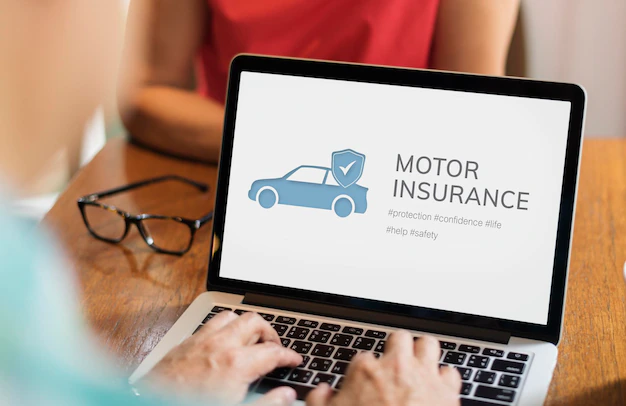Demystifying Car Insurance: What Every Driver Should Know

Choosing the right car insurance can feel like a minefield with many insurance companies and policies. First-time vehicle policy shoppers may find it daunting to figure out what coverage they need and how much it will cost.
To help you, we’ll discuss why auto insurance is crucial and what coverage you need. So buckle up as we demystify vehicle insurance.
Why Is Car Insurance Necessary?
Car insurance is a necessary safety net for drivers. It offers financial insurance when mishaps, natural disaster damage, or theft occur. It may pay your medical bills if you cause an automobile accident.
For instance, if you’re considering buying a Subaru Forester and have an accident, your auto insurance may cover repairs or replacements. It’s a critical part of being a safe and responsible driver.
Additionally, you might find a great deal on vehicle insurance that meets your budget. You may be protected without breaking the bank thanks to the many car insurance companies that provide high-quality coverage at competitive rates.
It can be difficult to choose between the several insurance options available. You don’t want to cut corners when it comes to coverage, but you also don’t want to overspend on coverage that you don’t require. Knowing the many auto insurance options and comparing various plans is essential.
Types Of Car Insurance Coverage
There are numerous choices of coverage when it comes to auto insurance. Drivers must comprehend the differences between each form of coverage and how they may apply in the event of an accident or other auto-related issue.
You can choose the greatest policy and avoid paying for unused benefits by being aware of the coverage types best suited to your needs. Here are a few of the most typical forms of auto insurance protection:
Liability Coverage
The most crucial auto insurance is liability coverage, which pays for harm your car does to other people and their property. If you are sued following an automobile accident, liability coverage also covers your legal costs. This coverage usually includes Bodily Injury Liability (BI) and Property Damage Liability (PD).
BI covers medical expenses if a person else is injured in the accident. PD covers damage to another person’s property, such as their car or fence, damaged in the accident. Plus, most states require drivers to carry minimum liability insurance.
Collision Coverage
Regardless of who was at blame for the collision, collision coverage covers harm to your car. Depending on the value of your car, this coverage may be pricey, but if you have a loan or lease on your car, the lender can need it.
Collision insurance can still be useful if you are involved in an accident and your car is deemed a total loss. If so, collision coverage will pay for the value of your car minus any deductible amount you have chosen.
Comprehensive Coverage
Comprehensive coverage pays for non-accident damages to your vehicle, such as theft, fire, vandalism, or animal damage. Like liability and collision coverage, comprehensive coverage is frequently required if you financed or leased your vehicle.
Comprehensive coverage also covers damage caused by something falling on your car, like a tree branch. This policy can even cover you if you have a misfortune with an uninsured or underinsured driver. With comprehensive coverage, you will be compensated for the damages to your car.
Uninsured/Underinsured Motorist Coverage
This coverage can be beneficial if you are involved in an accident with a driver with inadequate or no insurance. If the other driver does not have sufficient insurance, UM/UIM coverage will pay for repairs and medical bills.
Ensure this coverage is included in your insurance, as it also covers hit-and-run incidents. Furthermore, most states charge an additional fee to obtain this coverage. So consider it if you want your automobile fully covered in the event of an uninsured or underinsured collision.
Personal Injury Protection
Personal injury protection (PIP) is often called “no-fault coverage” because it spends on medical expenses, regardless of who was guilty in the accident. PIP insurance covers a range of expenditures, including hospital bills, lost earnings resulting from an injury, and, in some areas, even burial fees.
It’s crucial to remember that your car insurance coverage might only pay for medical expenditures up to a particular amount. You can ask your insurance about the highest level of protection it provides and whether you can raise this limit.
Conclusion
Understanding car insurance doesn’t have to be complicated or overwhelming. However, obtaining the coverage and protection you require requires an appropriate understanding. Different policies offer different kinds of coverage.
So, talk to a representative or agent about your options and be informed before buying auto insurance. Do you have other questions or concerns about your car insurance? Leave them in the comments below, and we’ll answer them.
Additional:












